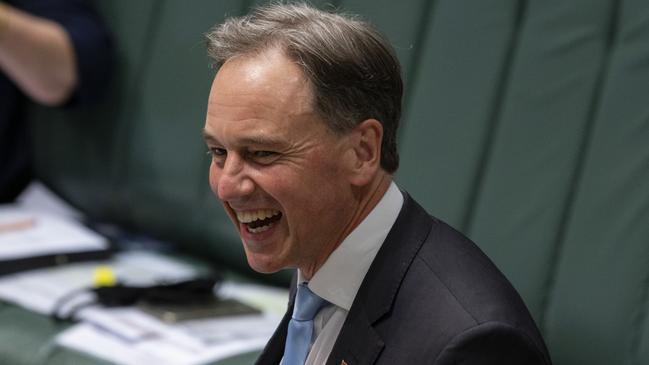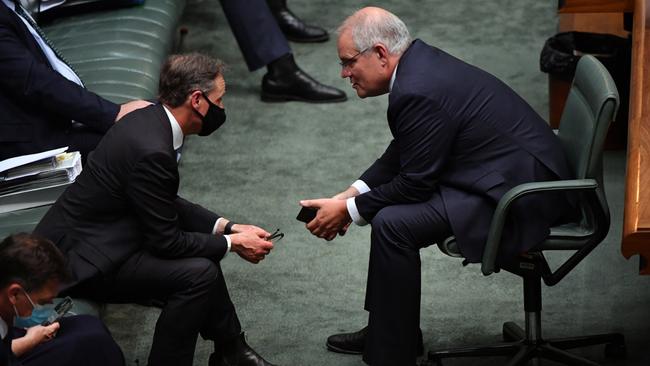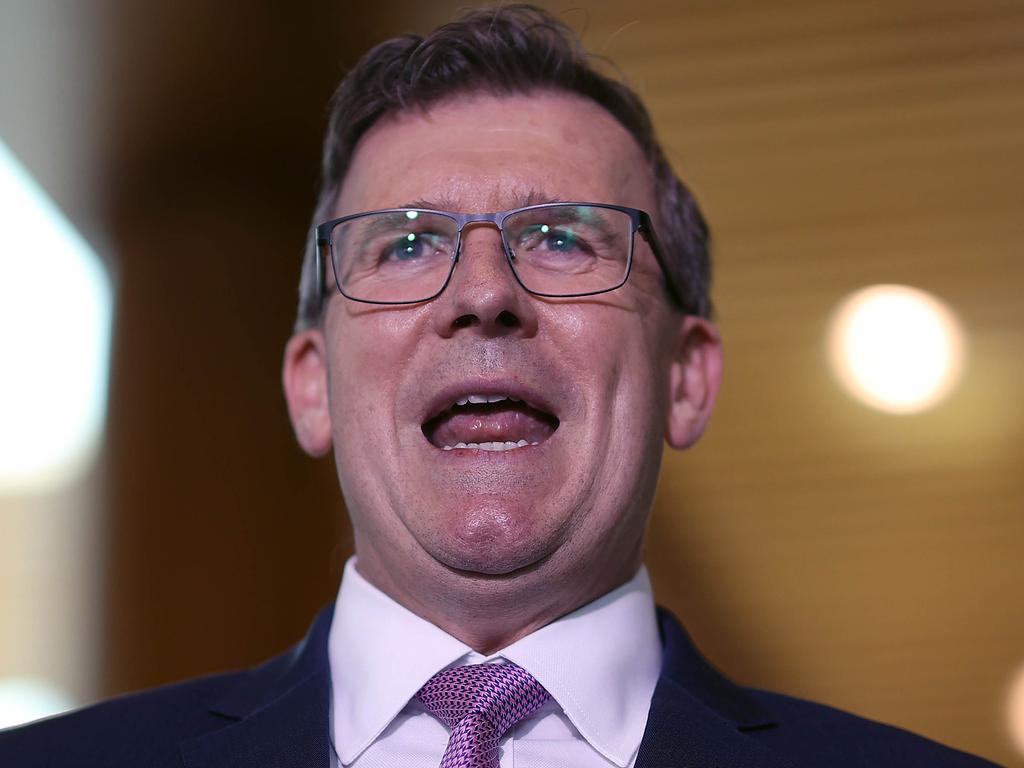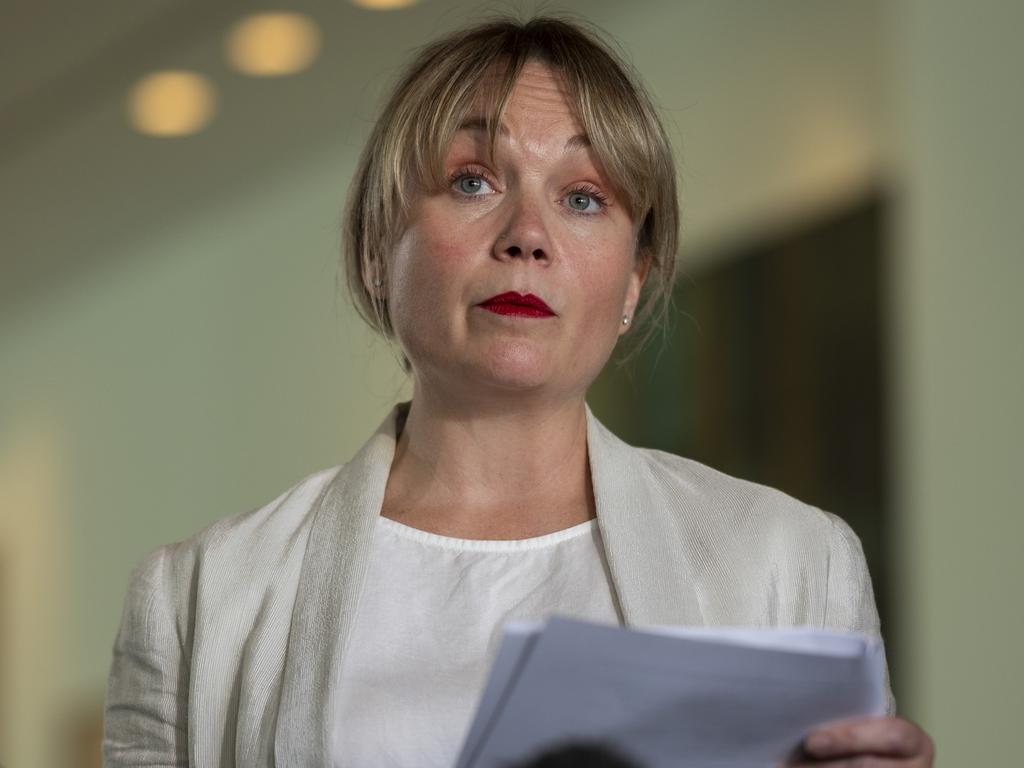
I saw him all the time in those days. Downer went on to become a highly effective foreign minister whom I much admired. But he was uncertain at the start and I was very tough on him.
Hunt was the weapon Downer deployed to fix things.
He was effective, proactive, relentless, tactically agile, never caught out on detail, quite adventurous in establishing a basis of trust by sharing information, with strict attribution protocols, and always available, 24/7.
The most energetic politician I’ve ever known in terms of media activism and relentless energy was Labor’s Kevin Rudd. People deride this aspect of Rudd. They shouldn’t – it’s one reason he became prime minister.
Only slightly behind him, on the Liberal side, were Tony Abbott and Josh Frydenberg. Hunt is fully in their class, a side of him that is not always seen by the public.
I travelled with Hunt in Indonesia on one occasion and he was the consummate staffer to Downer. His self-confidence was remarkable, not bumptious but nearly absolute nonetheless, and a good indicator of future success.

It was well founded, based on the unshakeable quality of his relationship with Downer, his prodigious work capacity which meant he was never surprised or embarrassed by a policy issue, and his desire to be constructively in the middle of every issue.
His absolute dedication to a life in politics was evident when he worked in private industry after he left Downer. He was, if anything, more assiduous then than when he was a staffer at networking, keeping in touch, getting across policy issues, although his big interest was foreign policy, not health or the environment.
Because of his relatively low-key manner, Hunt’s first-order political effectiveness can be easily underestimated. As environment spokesman, he was one of the two most important frontbenchers in Abbott’s opposition. Like Scott Morrison on border security, Hunt had to win an argument – against a carbon tax – in which he was opposed to the entirety of the progressive media and academic class. It involved relentless mastery of masses of information, never being caught out on detail and a calm but very assertive advocacy.
Abbott, Morrison and Hunt, in that order, were the three most important figures in Abbott’s landslide win in 2013, a win which in its sheer magnitude set up the Liberals for their two subsequent re-elections.
But after all this, his biggest role in history came as the Health Minister overseeing the nation’s response to Covid-19. Health was perfect for Hunt because it demanded almost infinite amounts of work. There were certainly a few missteps, as there were in every country, but at the end of the day, after two years of Covid, Australia has one of the highest vaccination rates, lowest death rates and strongest economies in the world.
I’m surprised that Hunt has called it a day. I had him down as a political lifer. His departure is a big blow to the Morrison government, which is not overburdened with first division talent.






When Alexander Downer became foreign minister in 1996, his key staffer was Greg Hunt, small of stature, dapper, sleek, deceptively formidable. Though neither chief of staff nor press secretary, Hunt had the job of dealing with problematic journalists inclined to make trouble for his boss.